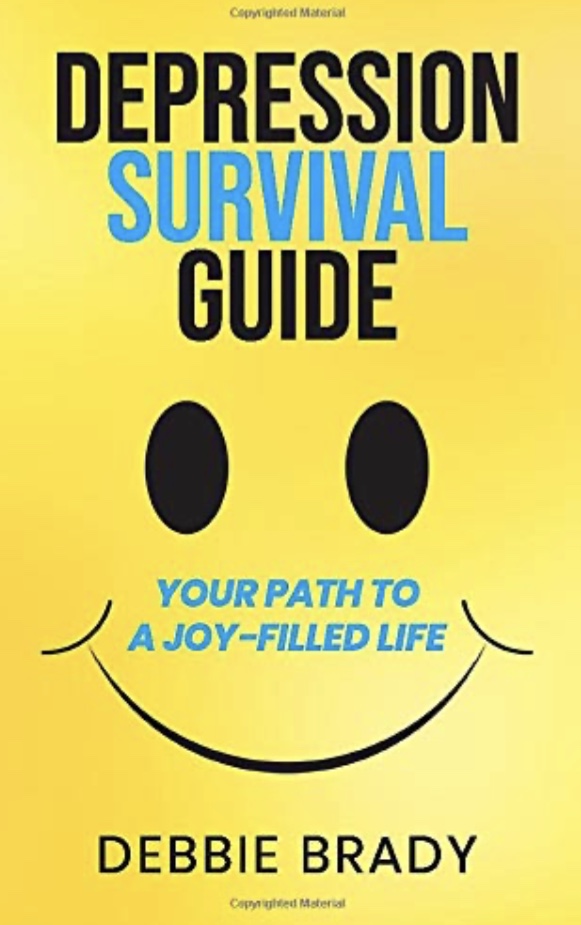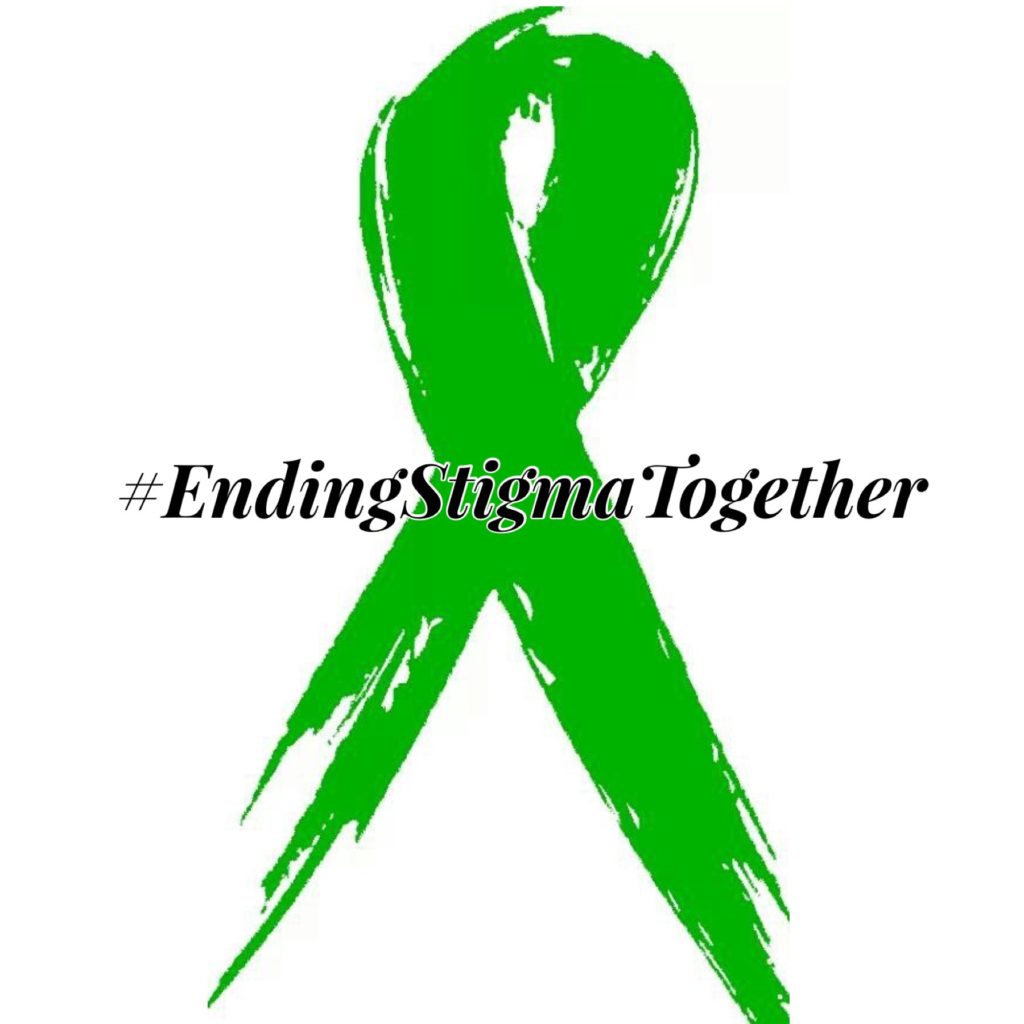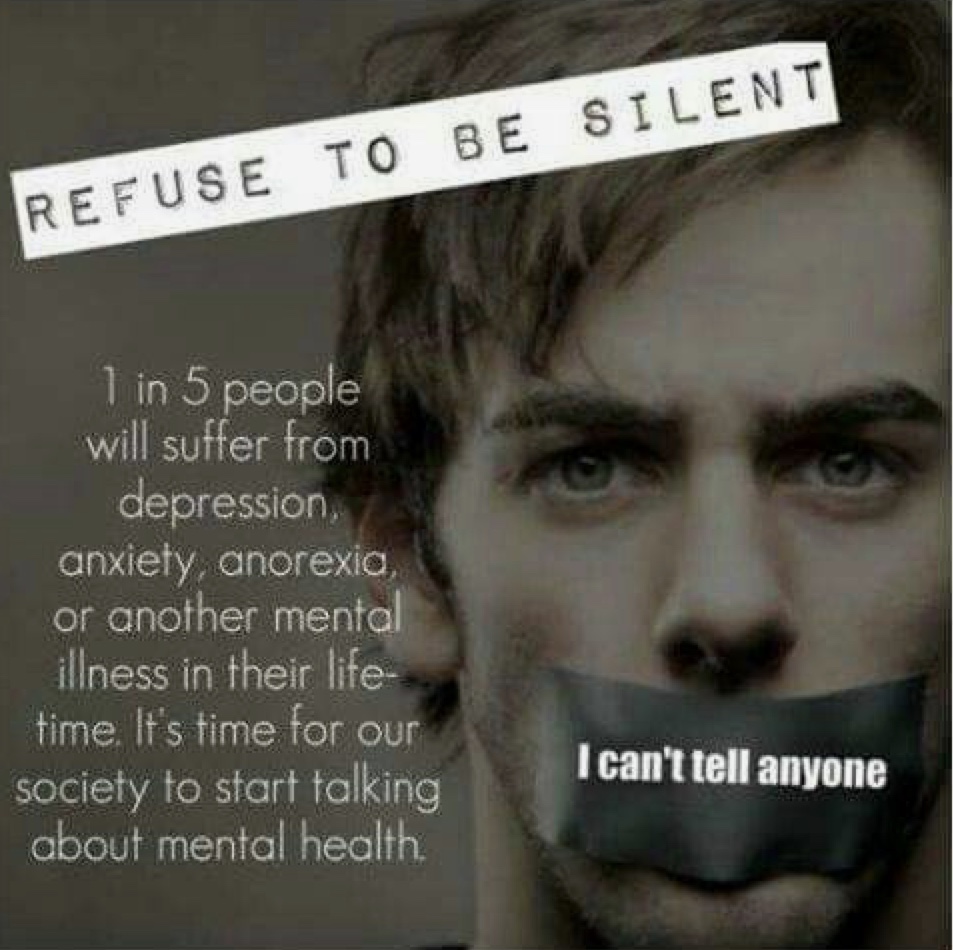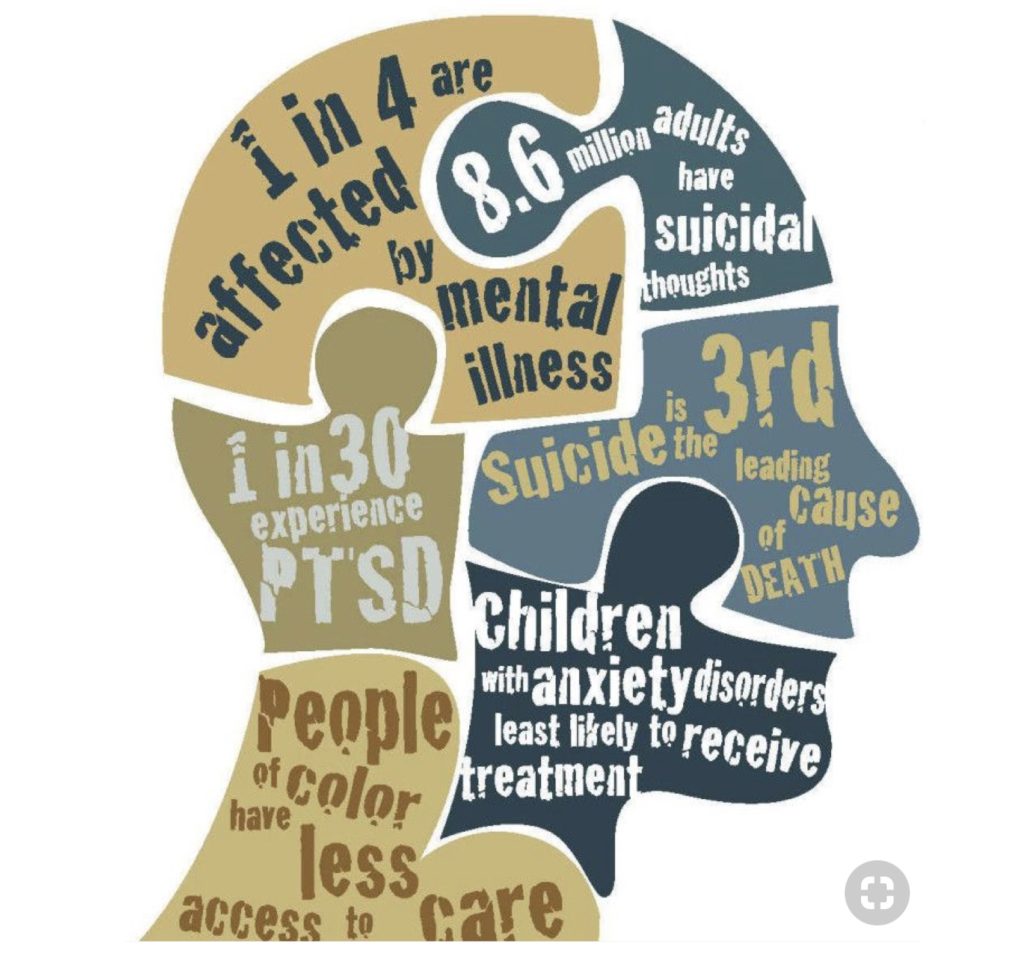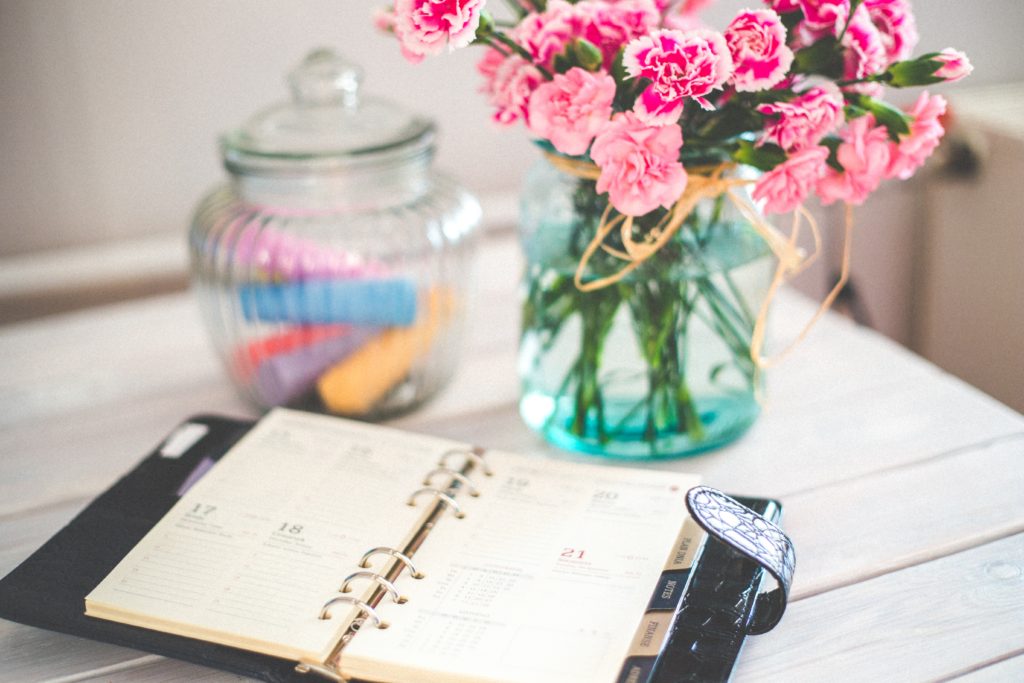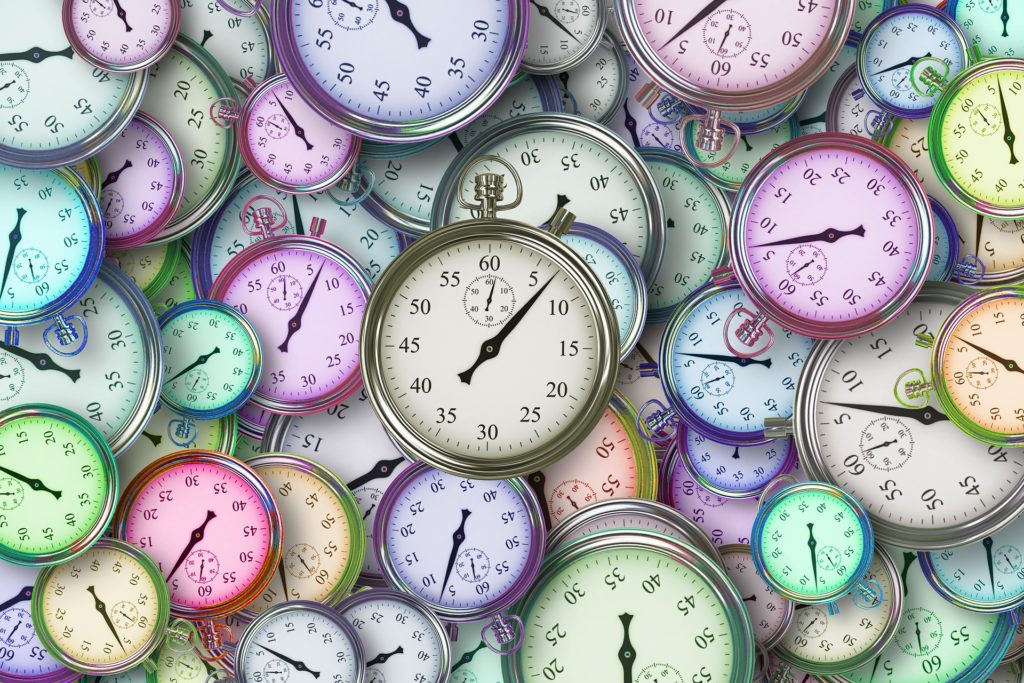Is mindfulness a regular part of your life? Do you make a conscious effort to practice mindfulness daily? Are you even sure what I mean by mindfulness? LOL Let me start with a simple definition of mindfulness. According to the Oxford Dictionary, mindfulness is defined as a mental state achieved by focus one on one’s awareness on the present moment, while calmly acknowledging and accepting one’s feeling, thought, and bodily sensations, used as a therapeutic technique. So, in a nutshell, it is fully paying attention to what you are doing in any given moment. We get so easily distracted. We get off track. It is so easy to not listen to our mind, body and soul and this can lead to depression, anxiety and stress. To help you with your mindfulness practice, I have created a FREE 5 Day Mindfulness Workbook that you can grab HERE.

In 2018, I began to practice mindfulness regularly. I started paying attention to each activity I did. I stayed in the moment. I was doubtful of this doing anything or being powerful as I had been reading, but I am so thankful I was proven wrong. There is nothing that has helped improve my overall mental health than practicing mindfulness. I now go through my day being mindful of almost everything I do, including my breathing. When I begin to feel stressed, I realize I have drifted and bring myself back. It has helped me be aware of my emotions and feelings faster which in turn helps me to do what I need to do in order to gain control of those emotions before they become to big and out of control. And yes, sometimes that may mean getting to see my therapist!
I am more calm and at peace than ever. I sleep better than I ever have. And, my depression is under better control. Practicing a wide range of mindfulness activities has allowed me to create a more peaceful environment in my overall life. The calm I can now achieve, also helps me make better decisions and to think more clear. I wanted to share 5 easy mindfulness activities for you to try. I hope you try practicing mindfulness and discover the benefits it can have on your mental health.

*Mindful Breathing. Breathing is something we do naturally. It is needed for us to stay alive. How many of us even think about our breathing until something goes wrong with it? There is so much power with being mindful of our breathing. First, if we pause and pay attention to our breath on a regular basis, we will become aware faster at times things are not going well. Our breath changes when we get upset, angry, anxious or even too excited. This can affect how our brain functions and makes decisions. By being aware of your breath, you can get it under control immediately and in turn, manage your emotions better and keep them from getting out of control before you even realize it. One way you can practice mindful breathing is by taking a deep breath through your nose for 4 counts. Pause after you fully inhale. Then, slowly exhale through your mouth for 4 counts. Repeat this for 1 minute and feel your body begin to relax. I do this everyday, throughout the day.
*Positive Affirmations. I talk a lot about positive affirmations. They are powerful. They work. But you have to say them consistently! Take some time and write just one, simple affirmation today. Then, save it on your phone’s lock screen or write it on index cards and laminate them so you can carry it around with you. Say your affirmation 3 time a day and say them out loud. Yes, out loud. Your brain needs to hear the words. For some easy tips and guidelines on how to write a powerful affirmation, you can grab my positive affirmation guide freebie HERE. How you write them matters.

*Visualization. There are a few ways to practice visualization but the one easy way that you can do anywhere is a progressive visualization exercise. Sit or lay down somewhere comfortable. Close your eyes. Then, start at your head and work your way down every part of your body. Feel how each muscle feels. Are they relaxed or tense? Relax each muscle and each body part as you move down your body. Do this until you get to your toes. Imagine you are floating and feel the lightness come over your body. You can also find guided exercises on YouTube if you want someone to talk you through it.
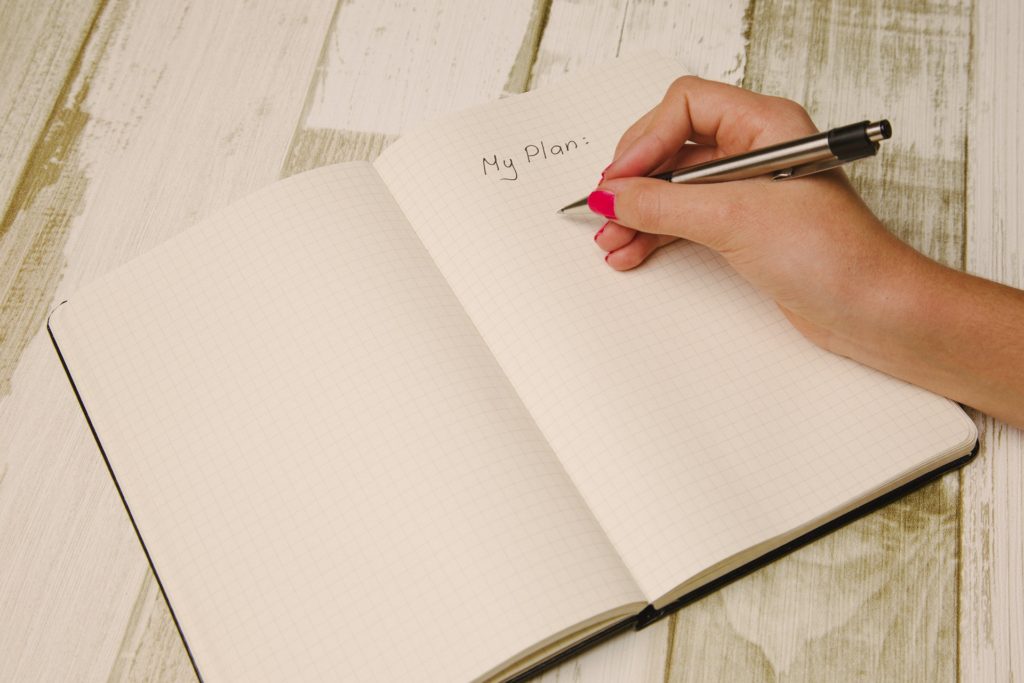
*Journaling. I love to journal. I try to journal daily first thing in the morning. You can either just write your thoughts and feelings you are having each day or you can use journal prompts to guide you. One journaling activity I do daily is to write down 3-5 items for which I am grateful that has occurred in the last 24 hours. This really helps me to keep things in perspective and reminds me even on my toughest days, that I am very blessed. You don’t need a fancy journal. You can use a .99cents spiral notebook! Stay in the moment as you are journaling. Don’t let your mind wander. Focus on how you feel about what you are writing.
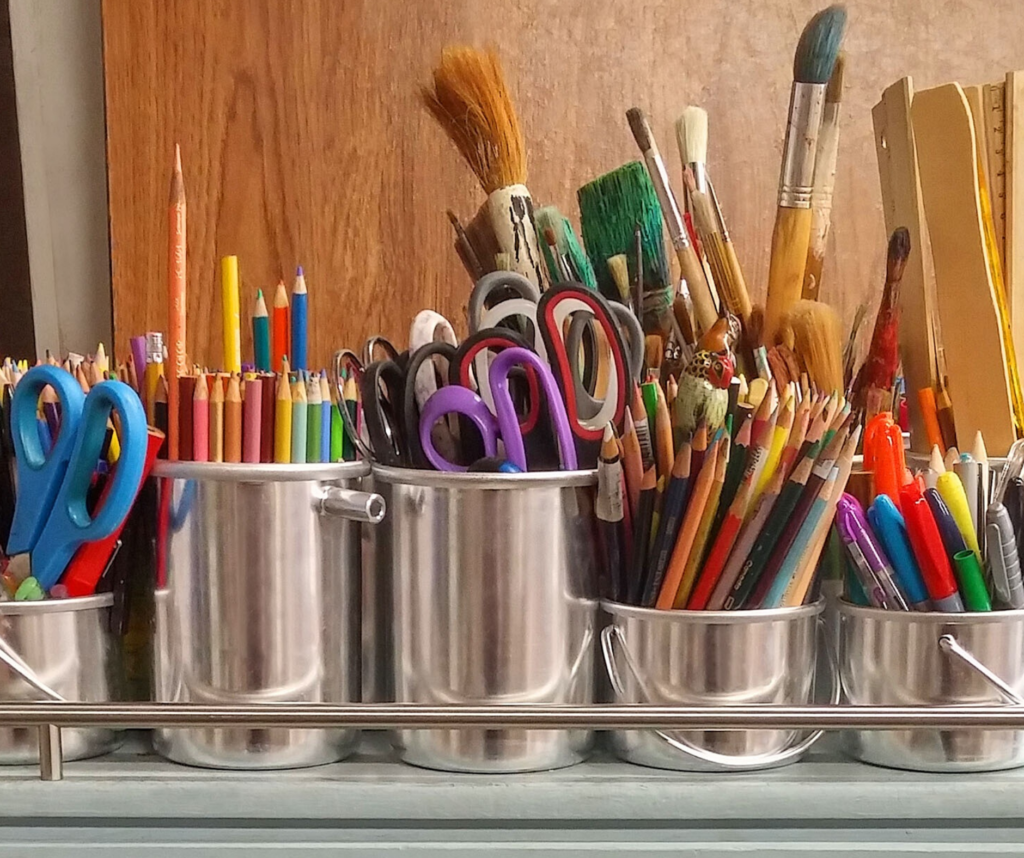
*Be Creative. Being creative is a great way to stimulate a different part of the brain than most of our day to day activities tend to use. It is also a very good mindful way to get out of the stress of life and focus solely on a fun activity you are working on at the moment. Some of my favorite creative mindfulness activities are, coloring, jigsaw puzzles, playing with play-doh and writing. Creativity is a great way to release stress and is an easy activity to practice mindfulness with because you will most likely be enjoying yourself.
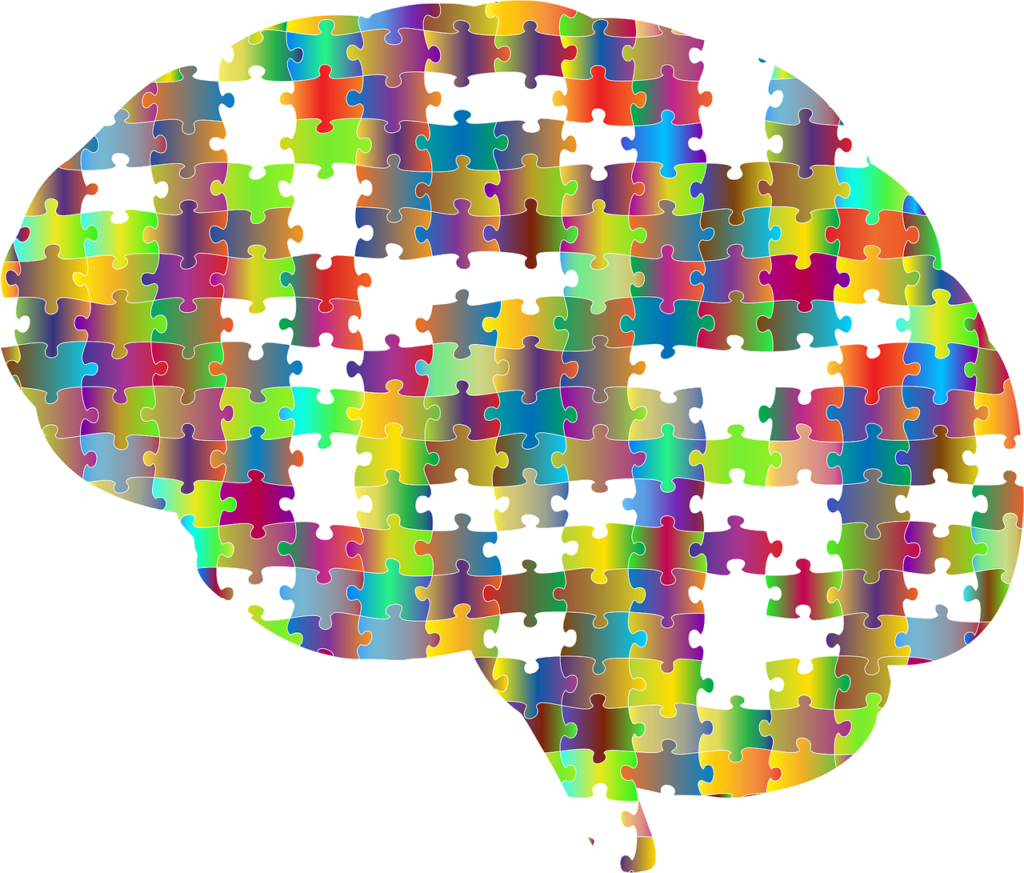
With each mindfulness activity you do, you are training your brain to stay in the moment when you need to do so. As you begin to practice it regularly, over time, it will become natural and automatic and you will begin to realize you have more and more peace filling up your heart, mind and soul. I hope you take time to give it a try. I’d love for you to join my new private Facebook Group, Self-Care and Mindfulness. I’ll be hosting a 7 Day Mindfulness Challenge next month. Head on over and request to join and start your mindfulness journey. You can find the group HERE.
Don’t forget, you can grab my FREE 5 day Mindfulness Workbook HERE.
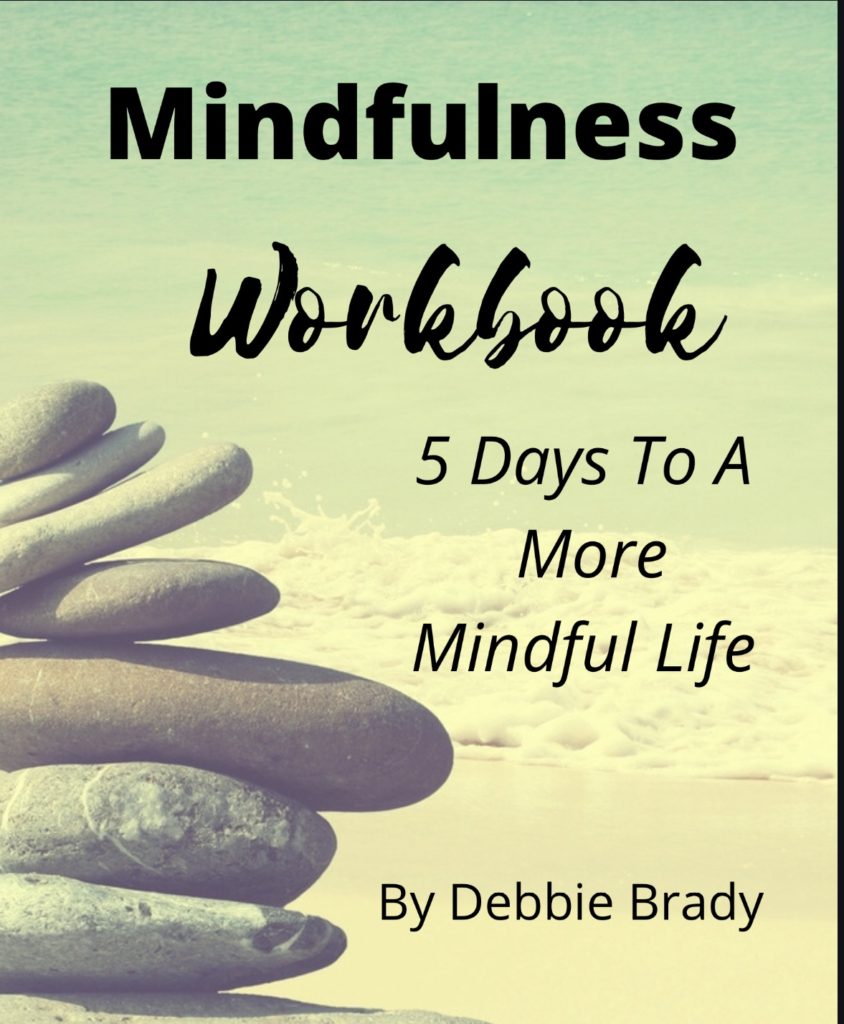
My book, Depression Survival Guide, if available on Amazon HERE.
